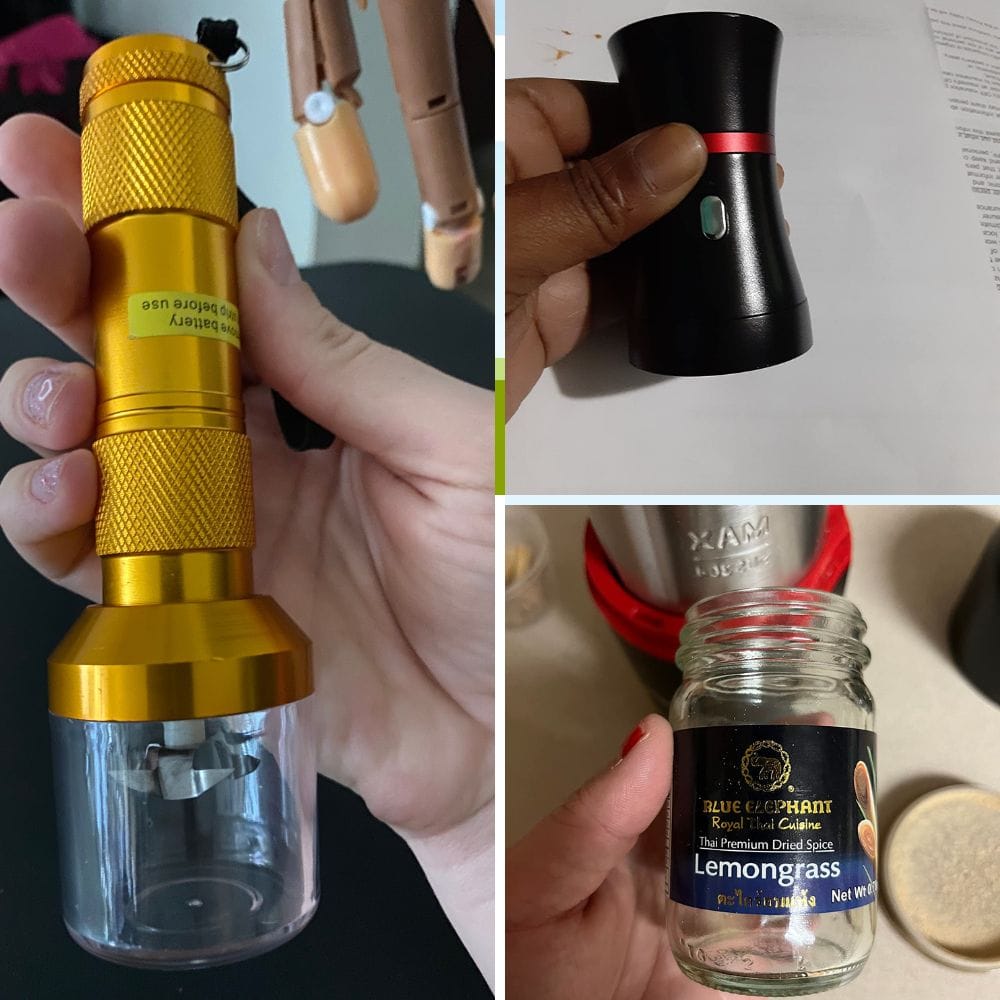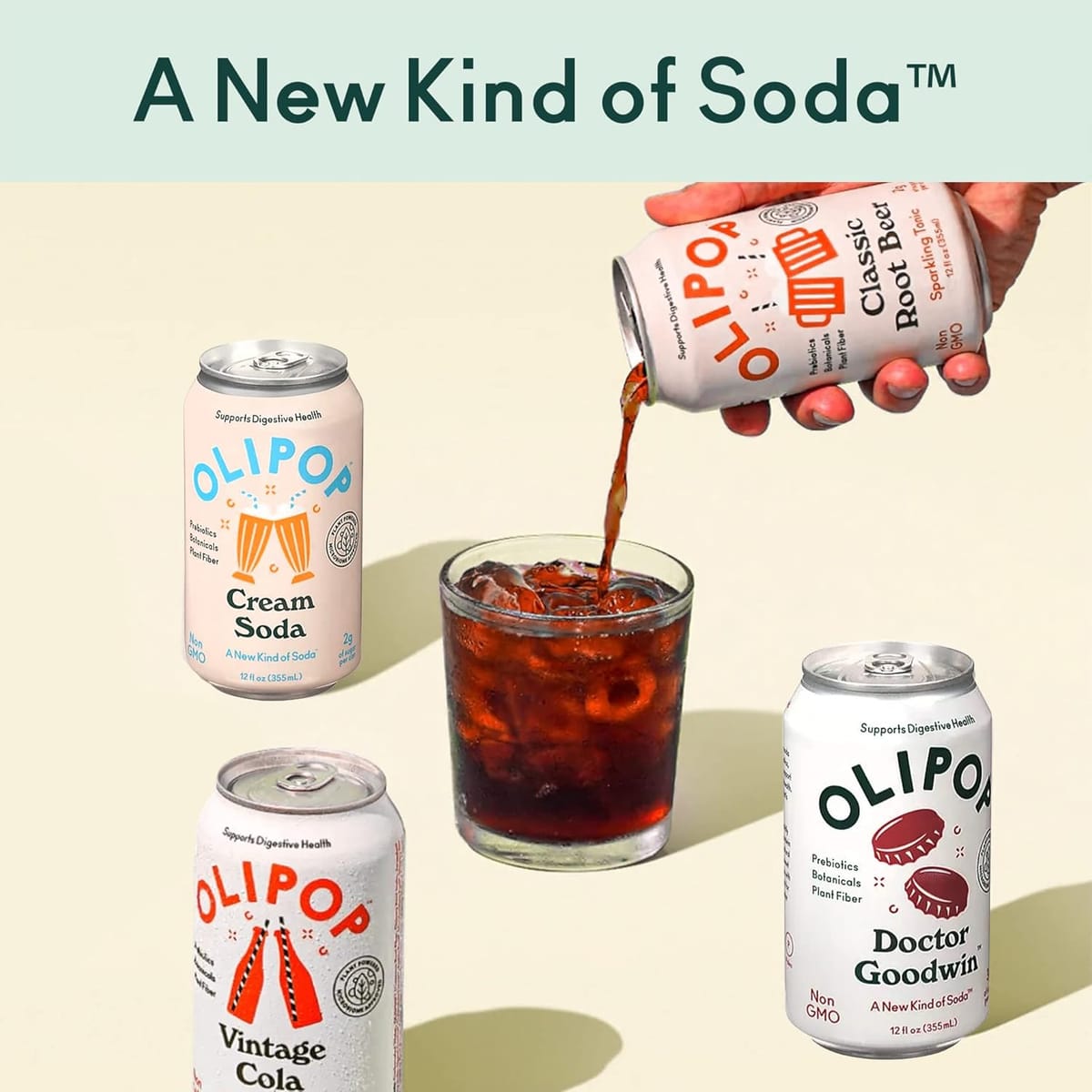Key Takeaways:
- Prebiotic sodas can offer digestive benefits but may cause bloating and gas.
- Some individuals may experience allergic reactions or digestive discomfort.
- Moderation is key to enjoying the benefits without adverse effects.
Introduction to Prebiotic Soda
Prebiotic sodas have been bubbling up in popularity, promising a refreshing twist on gut health. These fizzy drinks are infused with prebiotics, which are non-digestible fibers that feed the good bacteria in your gut. While they sound like a dream come true for health enthusiasts, it's crucial to understand the potential side effects that come with sipping on these trendy beverages.
The allure of prebiotic sodas lies in their ability to support digestive health. However, like any health product, they come with their own set of challenges. Before you pop open another can, let's dive into what you need to know about the side effects of prebiotic soda.
Understanding Prebiotics

Prebiotics are the unsung heroes of gut health, often overshadowed by their more famous counterparts, probiotics. These fibers are found naturally in foods like garlic, onions, and bananas. They serve as food for the beneficial bacteria in your gut, promoting a healthy microbiome.
While prebiotics are generally safe, introducing them in the form of soda can lead to unexpected reactions. The carbonation and added ingredients in prebiotic sodas can sometimes amplify their effects, leading to discomfort for some individuals.
Common Side Effects
One of the most common side effects of prebiotic soda is bloating. The fermentation process that occurs in your gut when prebiotics are broken down can produce gas, leading to that uncomfortable bloated feeling. This is especially true if you're not used to consuming high amounts of fiber.
Another side effect to watch out for is digestive discomfort. Some people may experience cramps or diarrhea after drinking prebiotic sodas. This is often a result of the body adjusting to the increased fiber intake, but it can be unpleasant nonetheless.
Allergic Reactions
While rare, some individuals may experience allergic reactions to ingredients in prebiotic sodas. Symptoms can range from mild, such as itching or hives, to more severe reactions like difficulty breathing. It's important to read labels carefully and be aware of any potential allergens.
If you have a history of food allergies, it's wise to consult with a healthcare professional before trying prebiotic sodas. They can help you determine if these beverages are safe for you to consume.
Impact on Gut Health

Prebiotic sodas are designed to support gut health, but they can also disrupt it if consumed in excess. The sudden influx of prebiotics can overwhelm your digestive system, leading to an imbalance in your gut flora. This can result in symptoms like gas, bloating, and even constipation.
To maintain a healthy gut, it's important to consume prebiotic sodas in moderation. Pairing them with a balanced diet rich in natural prebiotic foods can help you reap the benefits without the side effects.
Sugar Content Concerns
Many prebiotic sodas contain added sugars or artificial sweeteners to enhance their flavor. While these ingredients make the drinks more palatable, they can also contribute to health issues like weight gain and increased blood sugar levels.
If you're watching your sugar intake, it's important to choose prebiotic sodas with low or no added sugars. Opting for naturally flavored options can help you enjoy the benefits without the extra calories.
Artificial Ingredients
In addition to sugars, some prebiotic sodas contain artificial flavors and preservatives. These ingredients can cause adverse reactions in sensitive individuals, leading to symptoms like headaches or digestive upset.
To minimize the risk of side effects, look for prebiotic sodas made with natural ingredients. Reading labels and choosing brands that prioritize transparency can help you make informed decisions.
Interactions with Medications

Prebiotic sodas can interact with certain medications, affecting their absorption and efficacy. For example, the high fiber content in these drinks can interfere with the absorption of medications like antibiotics or thyroid medications.
If you're taking medication, it's important to consult with your healthcare provider before incorporating prebiotic sodas into your diet. They can provide guidance on how to safely enjoy these beverages without compromising your treatment plan.
Individual Tolerance Levels
Everyone's digestive system is unique, and individual tolerance levels for prebiotic sodas can vary. Some people may experience side effects after just one can, while others can enjoy them regularly without issue.
Listening to your body and paying attention to how you feel after drinking prebiotic sodas is key. If you notice any adverse reactions, it may be best to reduce your intake or try a different brand.
The Role of Carbonation

The carbonation in prebiotic sodas can contribute to digestive discomfort. The bubbles can cause gas to build up in your stomach, leading to bloating and belching.
If you're sensitive to carbonation, consider opting for still prebiotic drinks or consuming smaller amounts of soda. This can help you enjoy the benefits without the bubbly side effects.
Moderation is Key
As with any health product, moderation is crucial when it comes to prebiotic sodas. Drinking them in excess can lead to a range of side effects, from digestive discomfort to allergic reactions.
To enjoy prebiotic sodas safely, start with small amounts and gradually increase your intake. This allows your body to adjust to the increased fiber and reduces the risk of adverse effects.
Choosing the Right Prebiotic Soda
With so many options on the market, choosing the right prebiotic soda can be overwhelming. Look for brands that use natural ingredients and have transparent labeling. This can help you avoid unwanted additives and ensure you're getting a quality product.
Reading reviews and seeking recommendations from trusted sources can also guide you in selecting a prebiotic soda that aligns with your health goals and taste preferences.


Can prebiotic sodas cause weight gain?
Prebiotic sodas can contribute to weight gain if they contain high amounts of added sugars. Opting for low-sugar or naturally flavored options can help mitigate this risk.
Are prebiotic sodas safe for children?
While prebiotic sodas can be safe for children, it's important to monitor their intake and choose options with minimal added sugars. Consulting with a pediatrician can provide additional guidance.
How often should I drink prebiotic soda?
The frequency of consumption depends on individual tolerance levels. Starting with small amounts and gradually increasing intake can help you determine what works best for your body.

Prebiotic sodas offer a refreshing way to support gut health, but they come with potential side effects. From bloating and digestive discomfort to allergic reactions, it's important to be aware of how these beverages can affect your body. By consuming them in moderation and choosing quality products, you can enjoy the benefits without the drawbacks.











